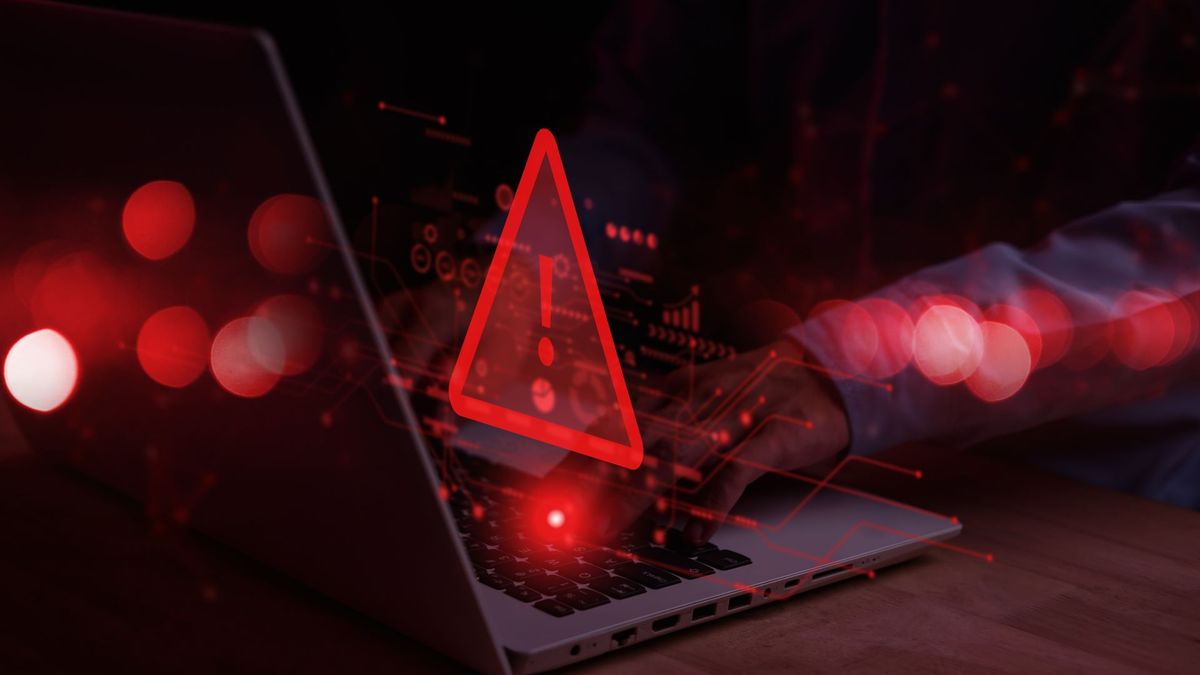North Korean Lazarus Group Strikes Again: A Deep Dive into the Cyber Bandit's Latest Exploit
The Phantom Circuit Campaign: A Closer Look
The notorious North Korean hacking group, Lazarus, has unleashed a new cyber offensive known as "Phantom Circuit." This wave of cyberattacks focuses on European software developers by injecting harmful code into cloned versions of open-source software. This malicious tactic not only poses a significant security risk but also showcases Lazarus's evolving strategies in the digital warfare landscape.
The Infostealer Connection
Lazarus has been observed introducing infostealers, a type of malware designed to extract sensitive information from compromised systems, into legitimate software. This malicious modification can lead to widespread data breaches and expose users to identity theft.
"Cybersecurity is a shared responsibility, and it boils down to this: In cybersecurity, the more systems we secure, the more secure we all are." - Jeh Johnson, Former U.S. Secretary of Homeland Security

Targeting the Heart of European Tech
European tech companies, particularly those in the software development sector, have emerged as prime targets of the Phantom Circuit campaign. Lazarus’s interest in these organizations stems from their cutting-edge innovations and confidential data, which provide valuable intelligence to North Korean authorities.
- Advanced Techniques: Lazarus employs sophisticated methods to evade detection, making use of zero-day vulnerabilities and living-off-the-land techniques.
- Widespread Impact: The campaign potentially affects thousands of developers who unknowingly integrate poisoned software into their workflows.
- Global Implications: The threat extends beyond Europe, endangering global cybersecurity frameworks.
Protective Measures and Best Practices
Individuals and organizations must adopt proactive cybersecurity measures to safeguard their systems. Recommended practices include rigorous software audit processes, adopting advanced endpoint detection solutions, and integrating threat intelligence services.
A deeper analysis of Lazarus's tactics showcases their relentless pursuit of exploiting software vulnerabilities. Histories of their previous campaigns, including the infamous Sony Pictures attack, reveal a consistent pattern of cyber manipulation and espionage.
To stay updated on the latest developments in cybersecurity and related technologies, follow Brian Krebs, a leading cybersecurity expert, for professional insights and real-time updates.
The global community must remain vigilant as hacking groups like Lazarus continue to refine their malicious skills, posing an ever-present threat to cyber infrastructures worldwide.
Ongoing education and engagement with existing and emerging cybersecurity practices are paramount in fortifying defenses against these cyber adversaries.
